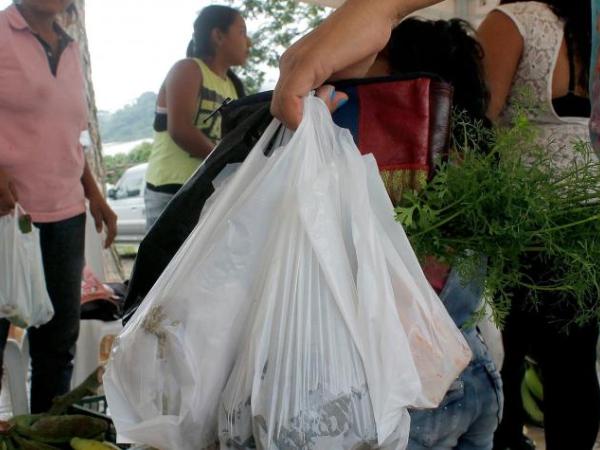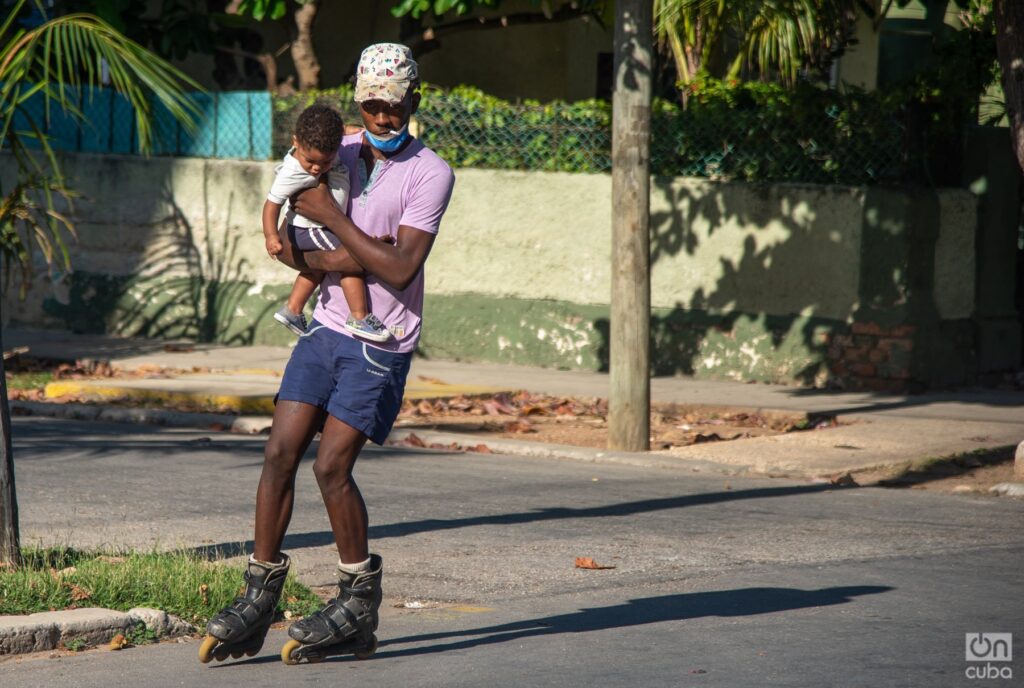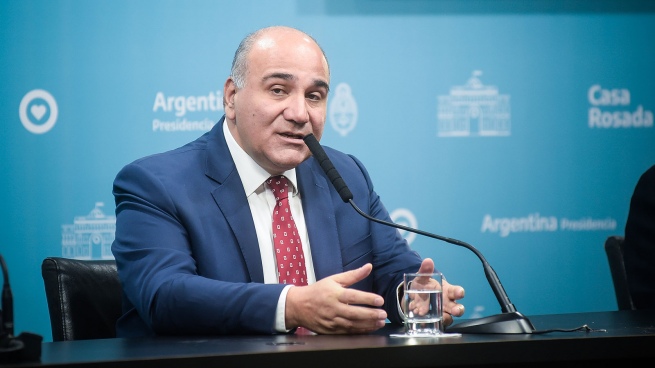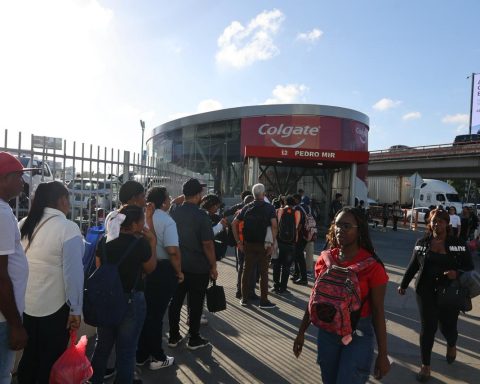The tax on plastic bags, which began to be collected in 2017, reduced its use among Colombians. According to the National Authority for Environmental Licenses (Anla), consumption has decreased by up to 69% at the payment points of the establishments.
(Alternatives to replace single-use plastics).
The reduction in the number has been progressive over the years. In 2017, 627 million plastic bags were distributed, in 2018 457 million, in 2019 367 million, in 2020 325 million and by 2021, once the data is consolidated, the amount is expected to decrease.
Therefore, according to estimates by the Fundación Movimiento Ambientalista, in five years they stopped buying 714 million bags in the country, while the use of substitutes such as biodegradable or reusable ones has been gaining strength.
(Congress approves elimination of single-use plastics in Colombia).
“The impact has been tremendously positive, the consumption of plastic bags has decreased by almost 70 percent (69.3 percent to be more precise). In 2015, which is the baseline that was taken in the purchase of bags plastic, we had more than 1,000 million bags”, said Andrea Corzo, director of Sectoral and Urban Environmental Affairs of the Ministry of Environment and Sustainable Development.
However, for Daniel Mitchell, president of Acoplásticos, there are differences between what happens in the formal and informal sectors.
“Although we estimate that in the first four years after the measure was implemented, consumption was reduced between 35 and 40 percent in the formal sector, the reduction was between 60 and 65 percent. However, you have to keep in mind that about 60 or 70 percent of the bag sector is informal and commerce is also highly informal, so the tax didn’t have as much of an impact on that segment,” Mitchell said.
To date, plastic bags represent 3% of the national plastic industry, that is, Of the 1.3 million tons of plastic that are processed each year, about 39,000 are used to produce bags.
BRIEFCASE
*With information from EL TIEMPO

















